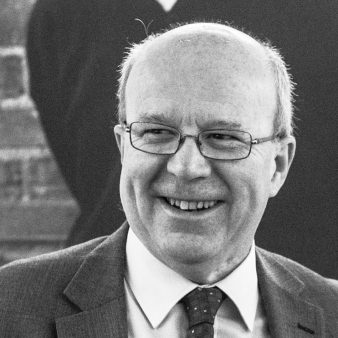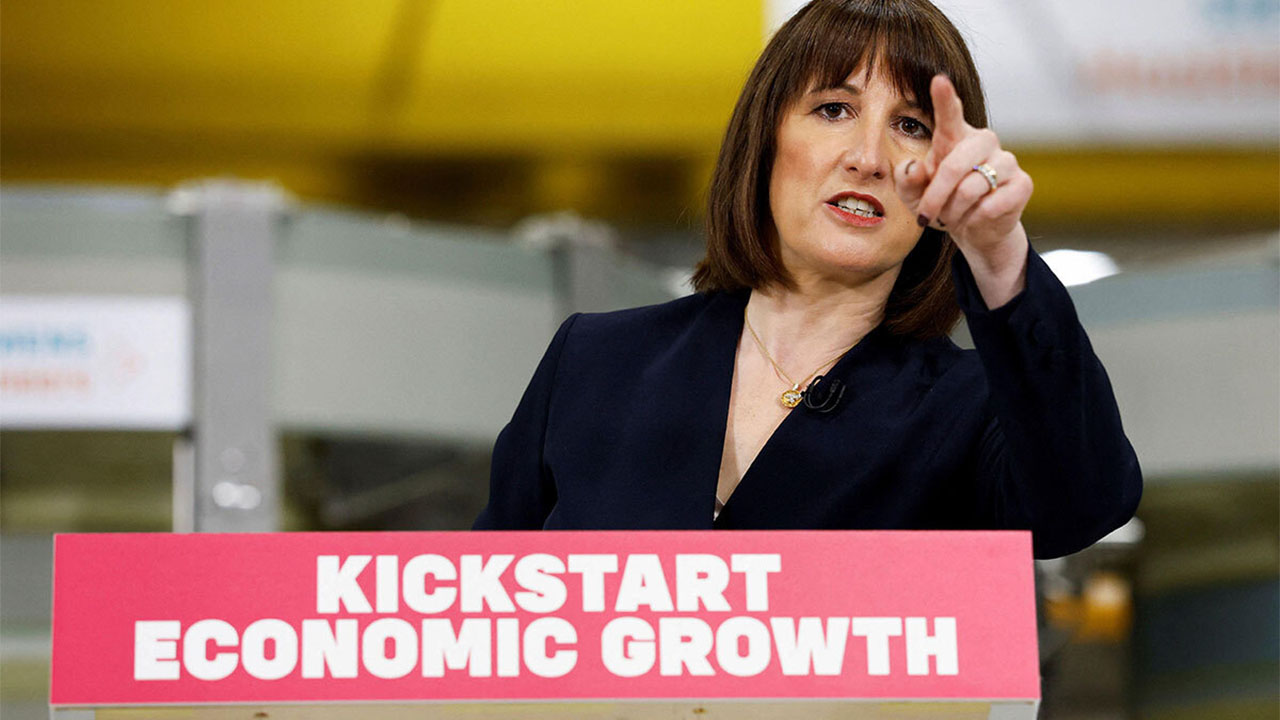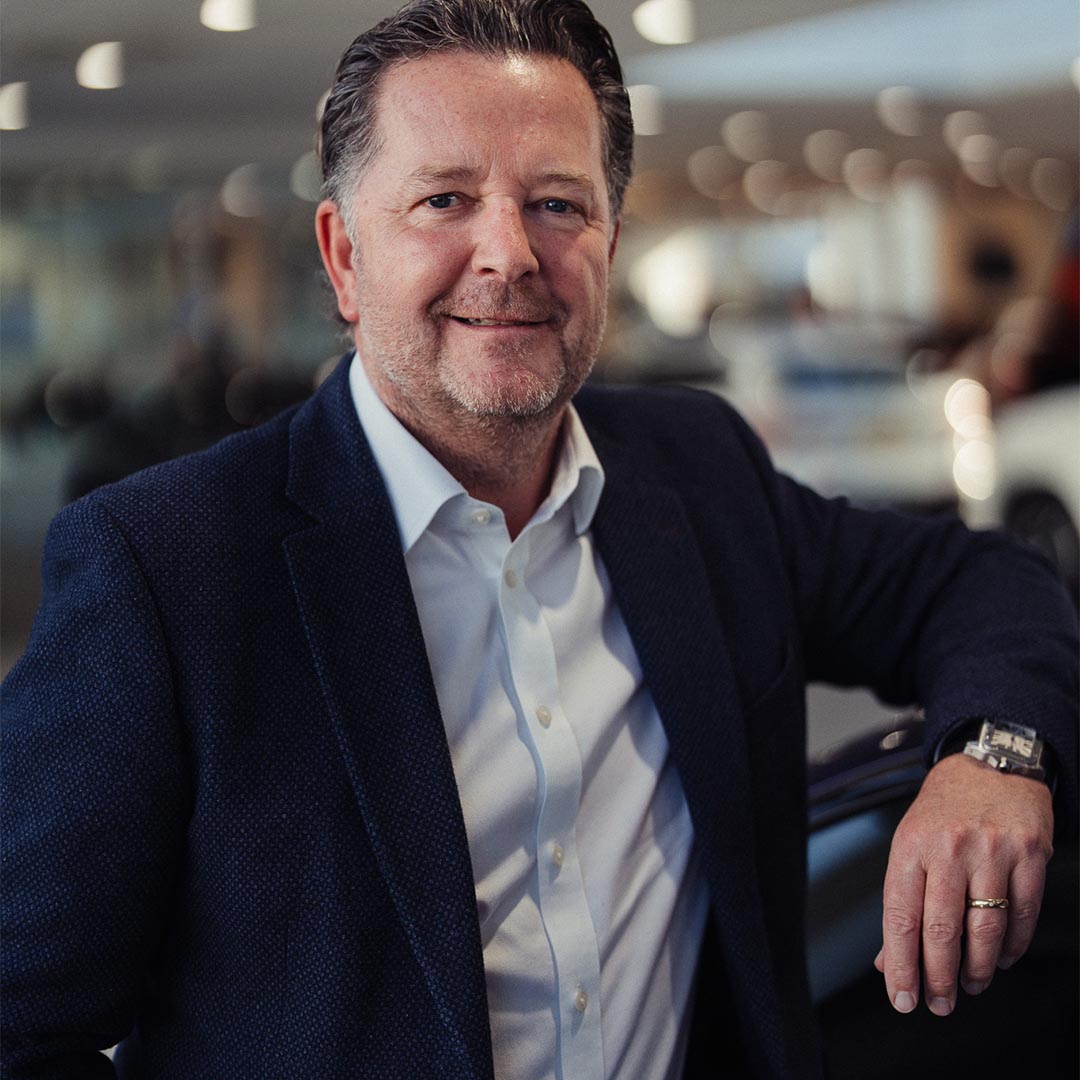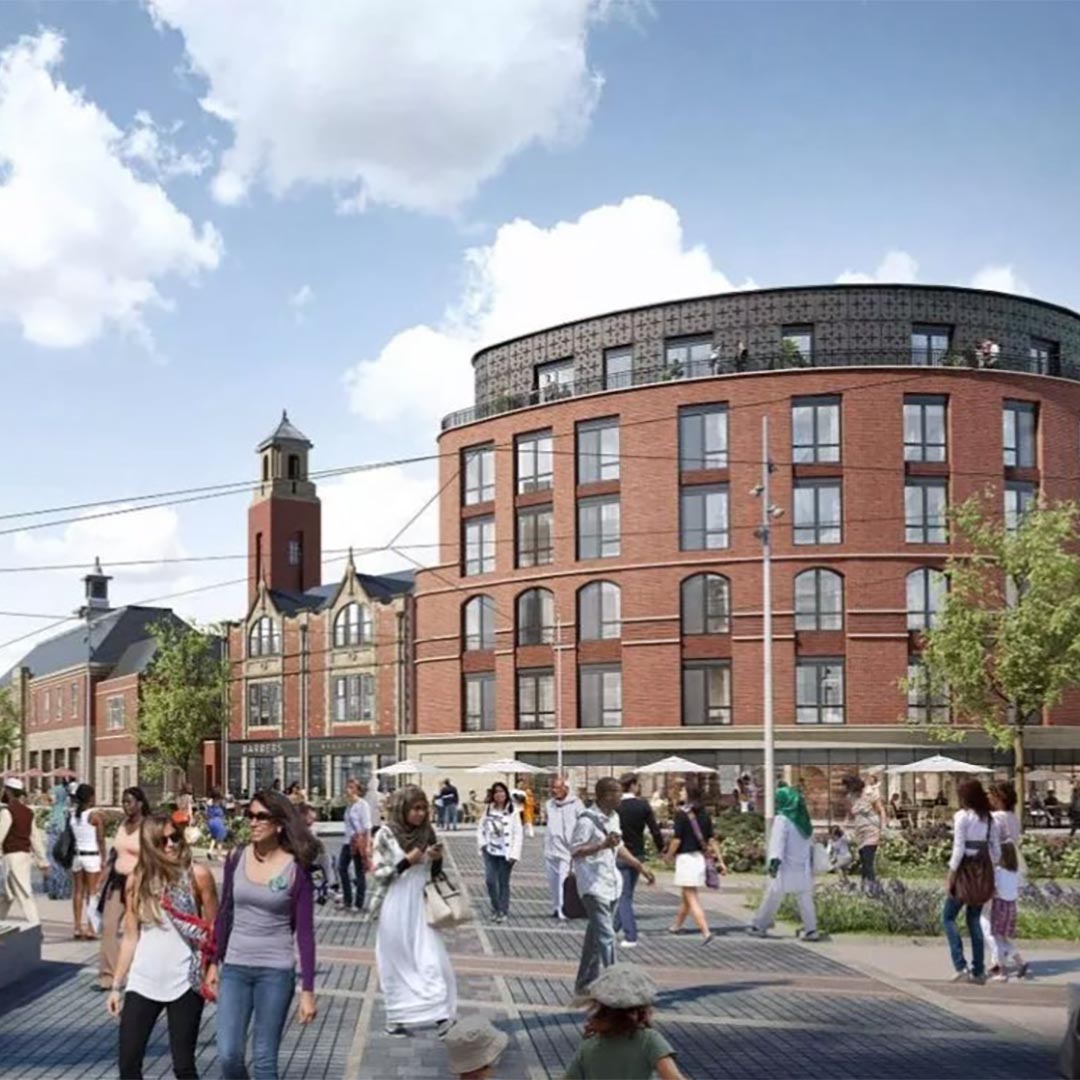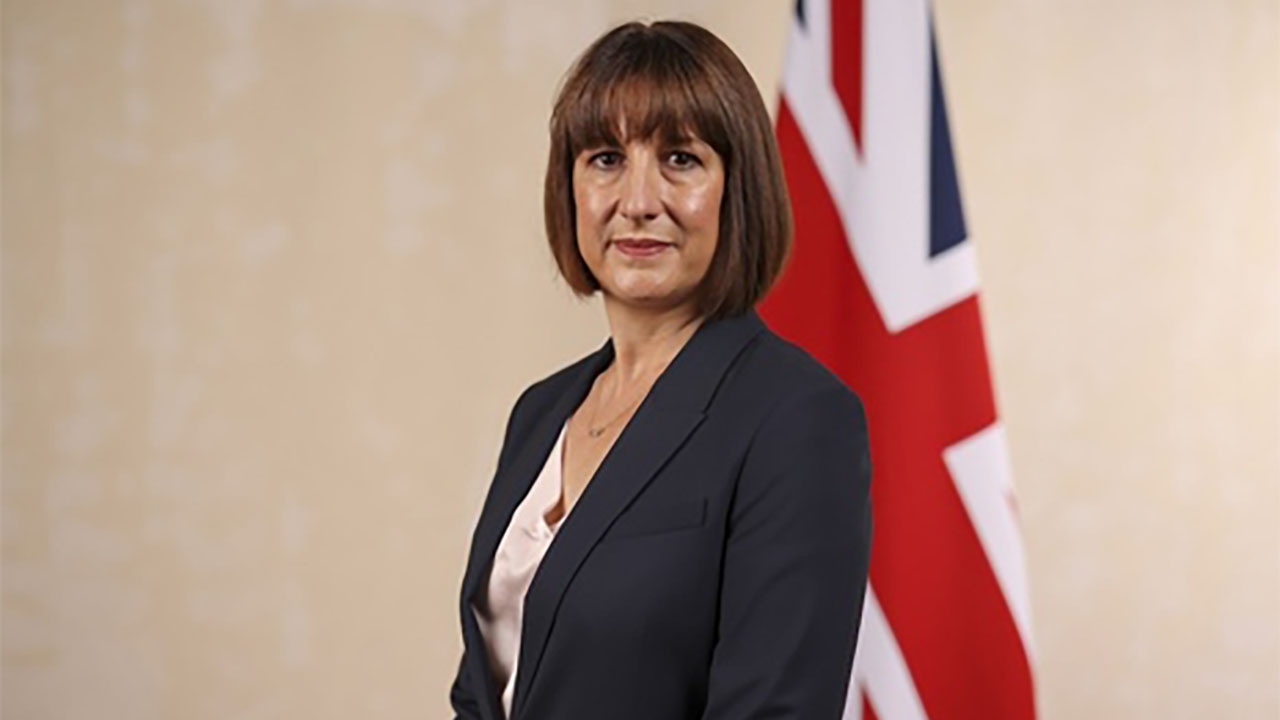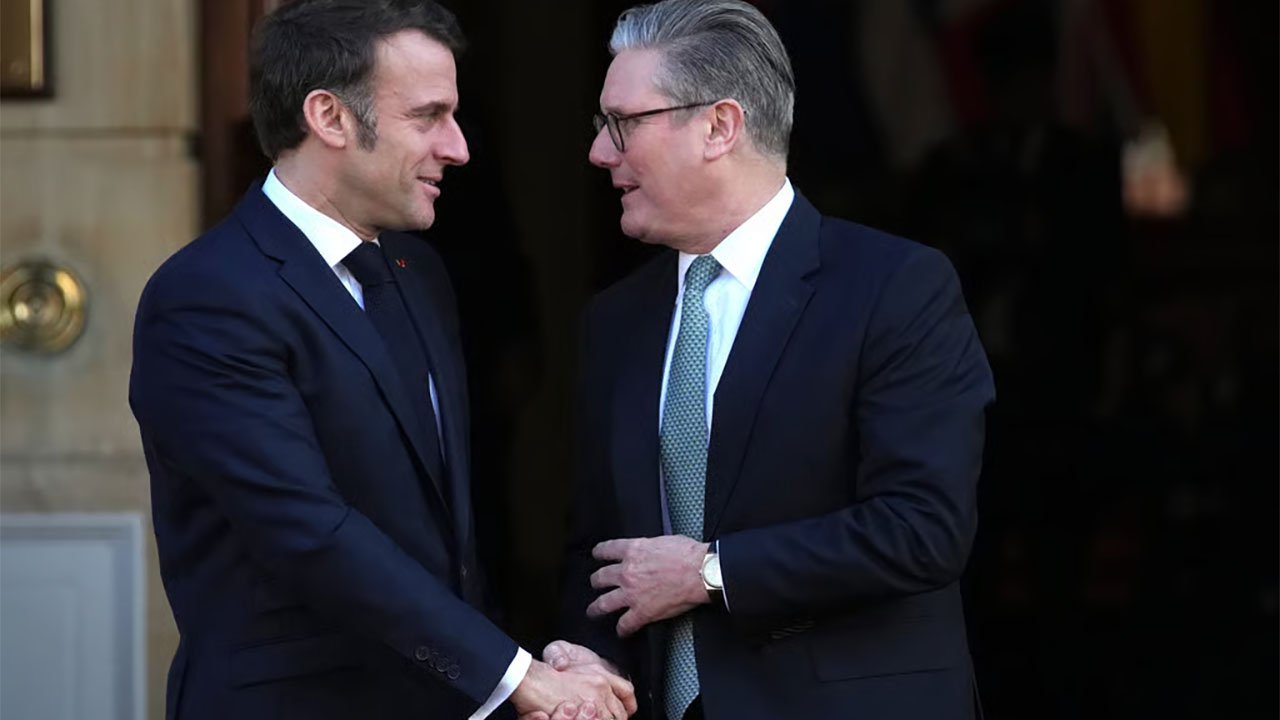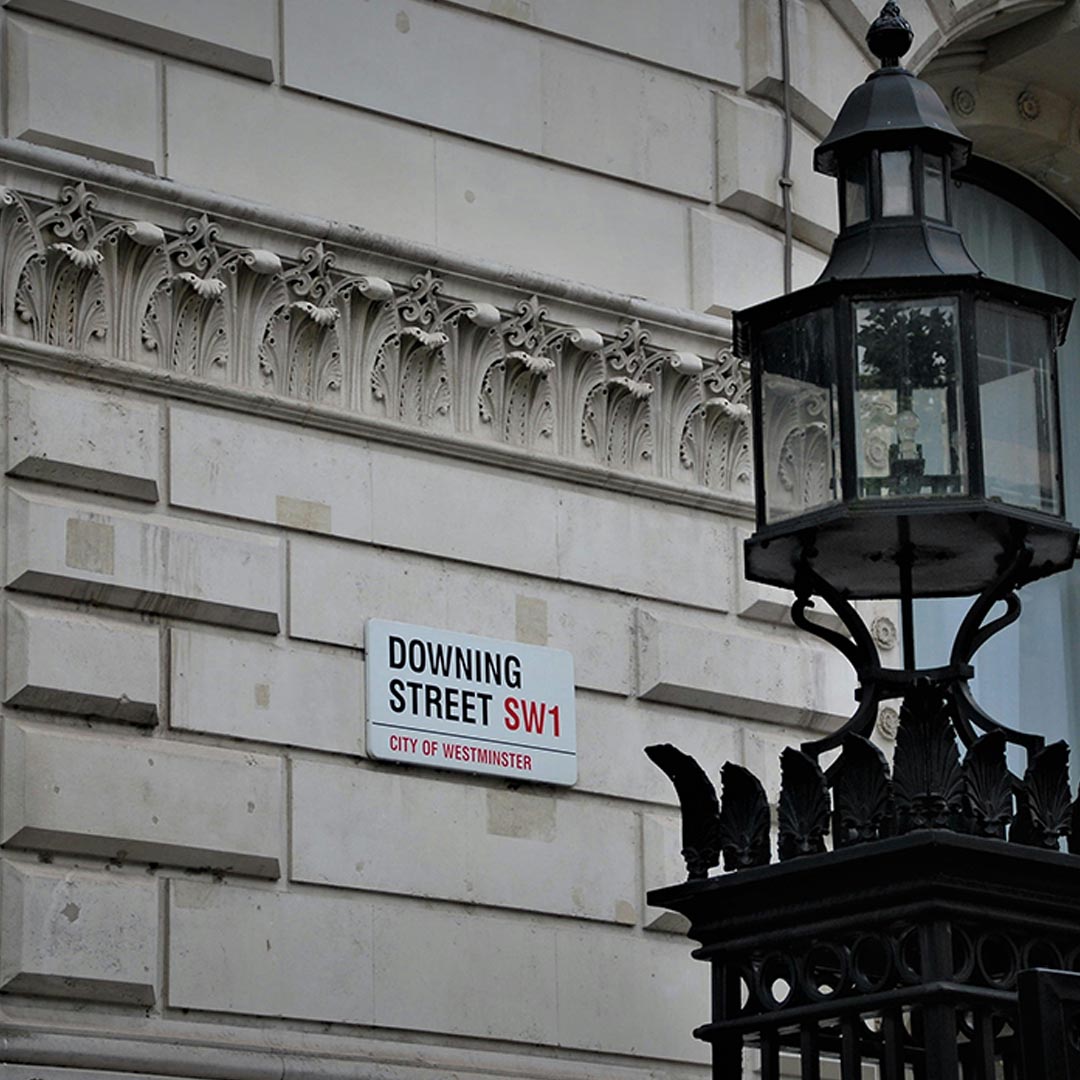AVOID A TALKING SHOP.
Business people are rightly sceptical when politicians propose setting up new tiers of governance. But at a convention in Gateshead next week a Council of the North is expected to be set up comprising six combined authorities, three county councils and 10 unitary authorities.
The idea is to give a collective voice to the partial devolution that has taken place in most parts of the area stretching from the Scottish border to Crewe and Hull.
The issues to be discussed are important to business, transport, skills, health, advanced manufacturing, energy, trade and investment. It will be essential that business people are closely involved and that the Council of the North does not just become a talking shop for the usual suspects of council leaders and mayors.
Since the clear framework of Regional Development Agencies and the Northern Way was scrapped in 2010, the government has proceeded with a dog’s dinner of Local Enterprise Partnerships, elected mayors and Combined Authorities. However, this is what we have to work with now and a Council of the North will hopefully help bring some coherence to it all as it speaks to London.
There is also to be a Northern Citizens’ Assembly. It is very important that people have a sense of ownership of devolution, but the politicians must listen to them. Let us hope it is a diverse Assembly. Devolution gatherings generally attract the male and pale.
TASKS AHEAD.
The Council of the North’s task will be complicated by the slow progress in completing Combined Authority or unitary council models across the whole area.
Warrington and Cheshire (which I looked at last week) has a thriving economy but separate councils and an LEP. Cumbria has had three failed attempts at creating one or two unitary councils. Agreement on a future model still seems some way off in Lancashire and Yorkshire but Combined Authorities are working effectively in the North East and Tees Valley.
In Greater Manchester and Merseyside, the elected mayors have established themselves but will, no doubt, be telling next week’s Northern Convention of the North that they want more power given to Transport For The North(TfN) and more influence to them over skills.
TRANSPORT FOR THE NORTH.
This organisation is already operating across the area that the Council of the North seeks to cover. It will be telling delegates about the seven “corridors of opportunity” where better connectivity is vital.
But TfN will be under pressure over the recent mayhem on the existing railways and from the conurbation mayors on specific matters. Steve Rotheram (Liverpool City Region Mayor) wants proper links to HS2 and a new station as Lime Street is up to capacity. He would not tell me at a recent conference where this should be sited.
Andy Burnham (Greater Manchester) has a top priority about getting Network Rail and the Highways Agency to work together particularly over the big issue of Trans Pennine connectivity by road and rail.
CONCLUSION.
So, let’s wish the Council of the North well. Let’s hope it listens to ordinary people and business. Then it might be able to get the tin ears in Whitehall to realise that a balanced economy is the only way to try and counteract the economic problems we are going to face post Brexit.

